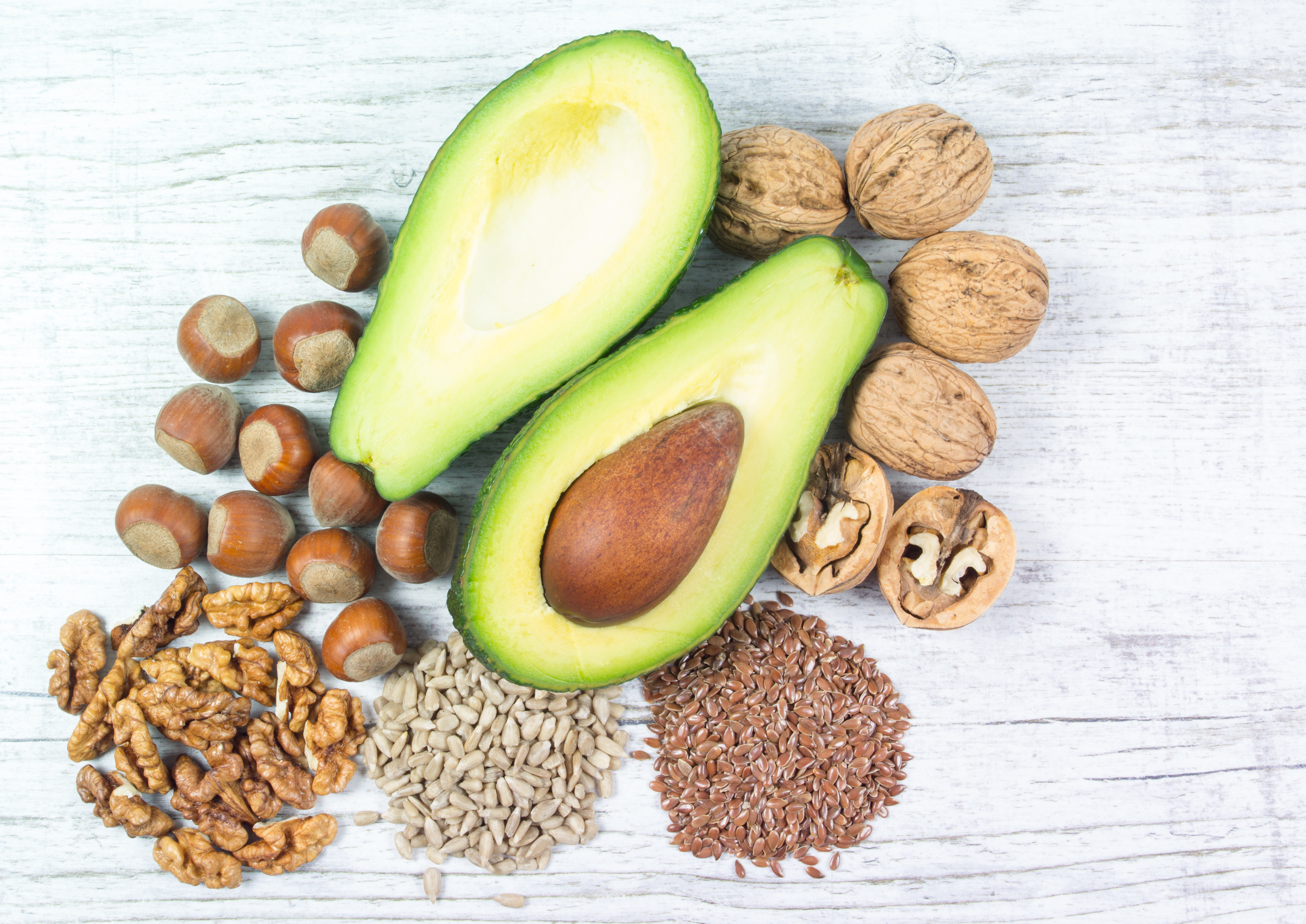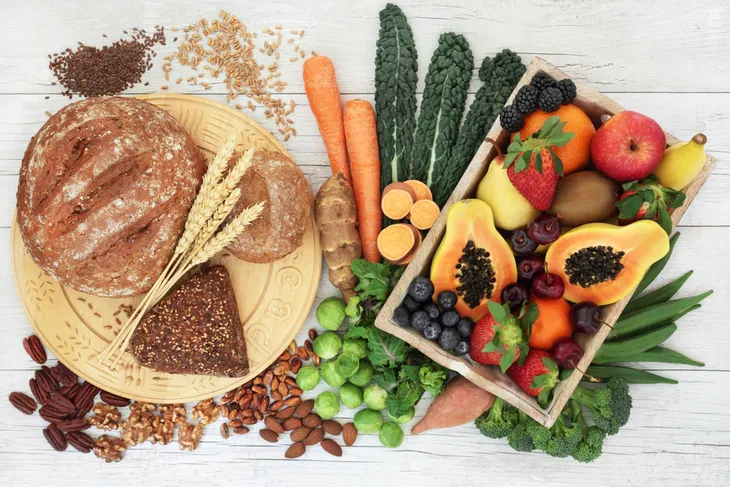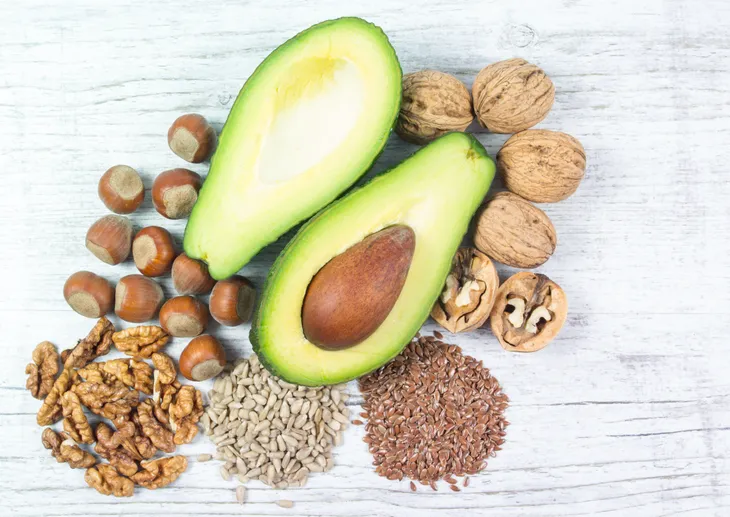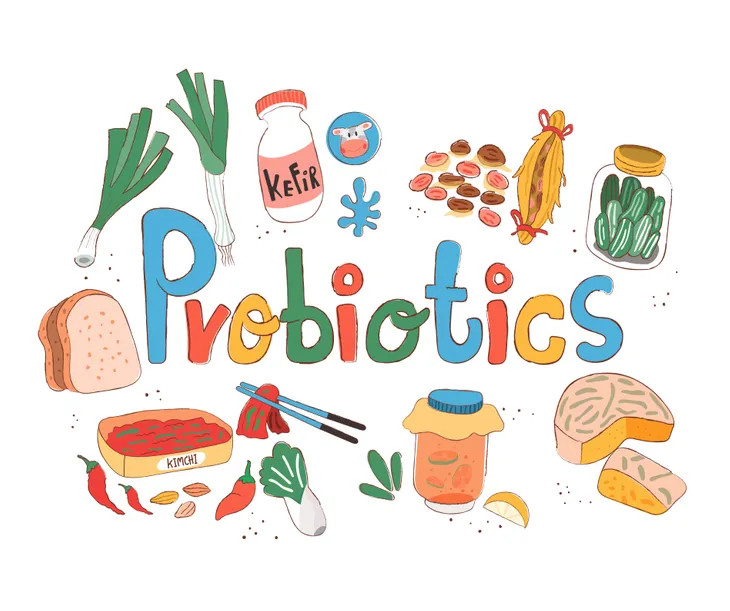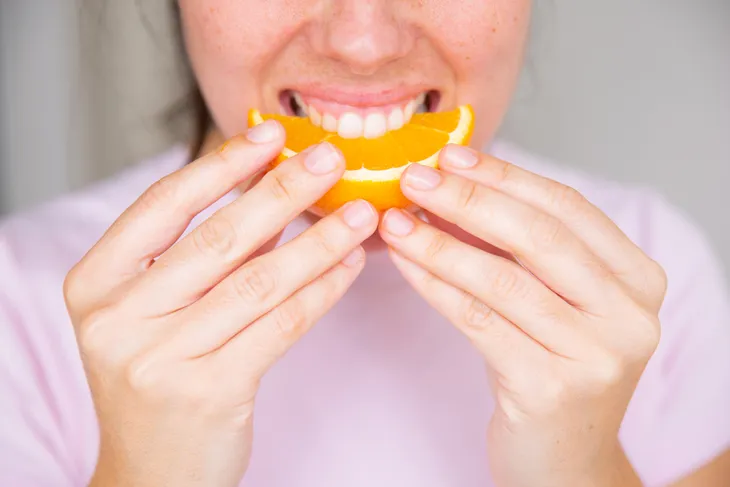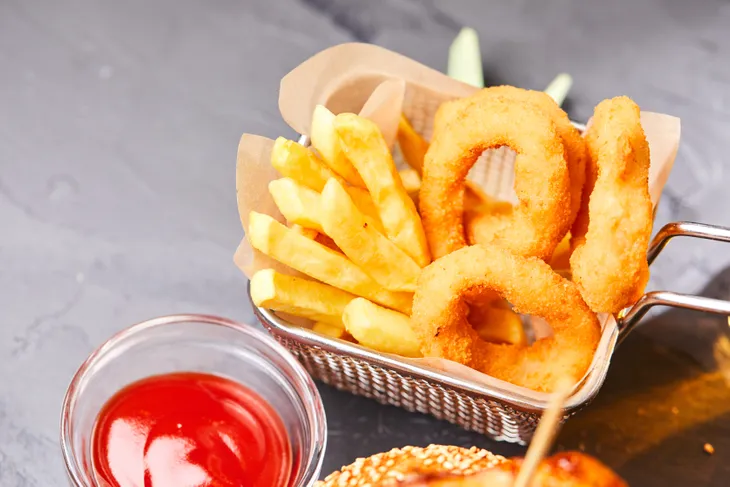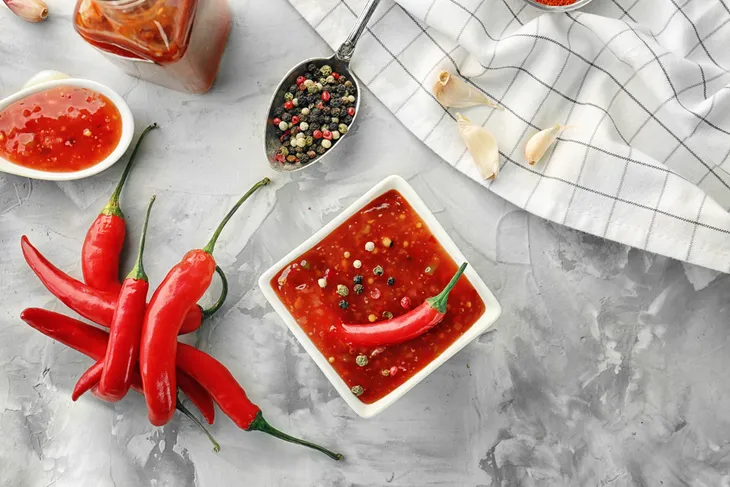A condition that involves the inflammation, irritation or erosion of the stomach lining, gastritis can occur suddenly or gradually as a result of many different factors. Among the most common causes are excessive alcohol consumption, stress or the use of certain medications. But it may also happen due to an infection, bile reflux or unhealthy bacteria in the stomach lining.
Whatever the cause, adjusting the diet is an important part of treating gastritis quickly. As the stomach lining has been compromised, it’s necessary to remove any foods that may further aggravate the issue, but it’s also equally important to increase intake of those that may soothe.
Here is a list of four foods you should eat and four you should avoid when trying to treat gastritis.
What to Eat:
High-Fiber Foods
As fiber, particularly insoluble fiber, helps to move food through the digestive system, eating foods that are rich sources of it is particularly beneficial for those suffering from gastritis.
Luckily, good sources of dietary fiber aren’t hard to come by. Fruits such as apples, bananas, oranges and raspberries are particularly high. So are vegetables like carrots, beets and broccoli. Whole grains—including brown rice, barley and quinoa—are also rich in fiber, as are most any variety of beans.
Healthy Fats
The saturated fats that are typically found in certain cuts of meats and fried foods can increase the inflammation of the stomach lining, so those with gastritis need to ensure they’re consuming healthy fats in the form of monounsaturated and polyunsaturated sources.
Foods such as nuts and seeds, peanut butter and olive oil are good examples, as well as lean meats like chicken and turkey breast. Fatty fish like salmon and tuna are also beneficial, as they are rich sources of omega-3 fatty acids, a polyunsaturated fat that can help decrease stomach irritation.
Probiotics
One of the main causes of gastritis is the presence of unhealthy bacteria known as helicobacter pylori, which probiotics have been found to suppress the growth of. These microorganisms are available in supplement form, but they can also be consumed in foods where they naturally occur.
Some examples of foods containing probiotics are kombucha, kimchi, sauerkraut, miso, tempeh and soy beverages. They can also be found in certain dairy products—such as yogurt, cheese and kefir—but be sure to choose low-fat options when possible.
Water
Adequate water intake is essential for flushing toxins out of the digestive system and ensuring the health of the gastrointestinal tract. It is the ideal beverage for those suffering from gastritis, as it is free of the chemicals and sweeteners often found in other drinks that can lead to increased inflammation in the stomach.
The University of Maryland Medical Center recommends consuming six to eight glasses of filtered water on a daily basis. If it proves challenging to meet this intake, there are a few herbal teas that can be consumed as alternative beverages, including chamomile, licorice and slippery elm.
What to Avoid:
Most Beverages Beyond Water
When trying to treat gastritis, it’s best to avoid most beverages other than water. Since overconsumption of alcohol is one of the leading causes of the condition, it should be avoided at all costs, as it can lead to further irritation of the stomach lining. For this same reason, any caffeinated, decaffeinated and carbonated drinks should also be removed from the diet.
So, too, should the juices from acidic fruits like tomatoes, oranges, pineapples and grapefruit or any beverage that contains citric acid. Check the product label before consuming to be certain.
Acidic Foods
While most vegetables are considered safe to eat when dealing with gastritis, some people have experienced burning and pain after consuming onions and garlic, so they should be approached with caution.
There are several fruits, however, that can be quite acidic and are best avoided. They include tomato, orange, pineapple, grapefruit, lemon, lime, fig, berries and all dried fruit.
Fatty Foods
While fatty foods aren’t considered to be a cause of gastritis, consuming them can worsen the inflammation in the stomach. This includes fatty meats—such as most cuts of beef, sausages, bacon, ham and cold cuts—as well as fried foods like French fries, potato chips, and breaded chicken and seafood.
Foods containing trans-fatty acids should be especially avoided, as they can contribute to high blood pressure and cause heart disease. These fats are often found in baked goods like cookies, doughnuts and crackers.
Spicy Foods
For some, the acid reflux that occurs after eating spicy foods can lead to gastritis, so it should come as no surprise that they’re best removed from the diet during the healing process to prevent additional irritation of the stomach lining.
Foods such as hot peppers, chili peppers, mustard and hot sauce are some of the main foods responsible for worsening symptoms. Additionally, spices such as black and red pepper, garlic powder and chili powder should also be avoided.
